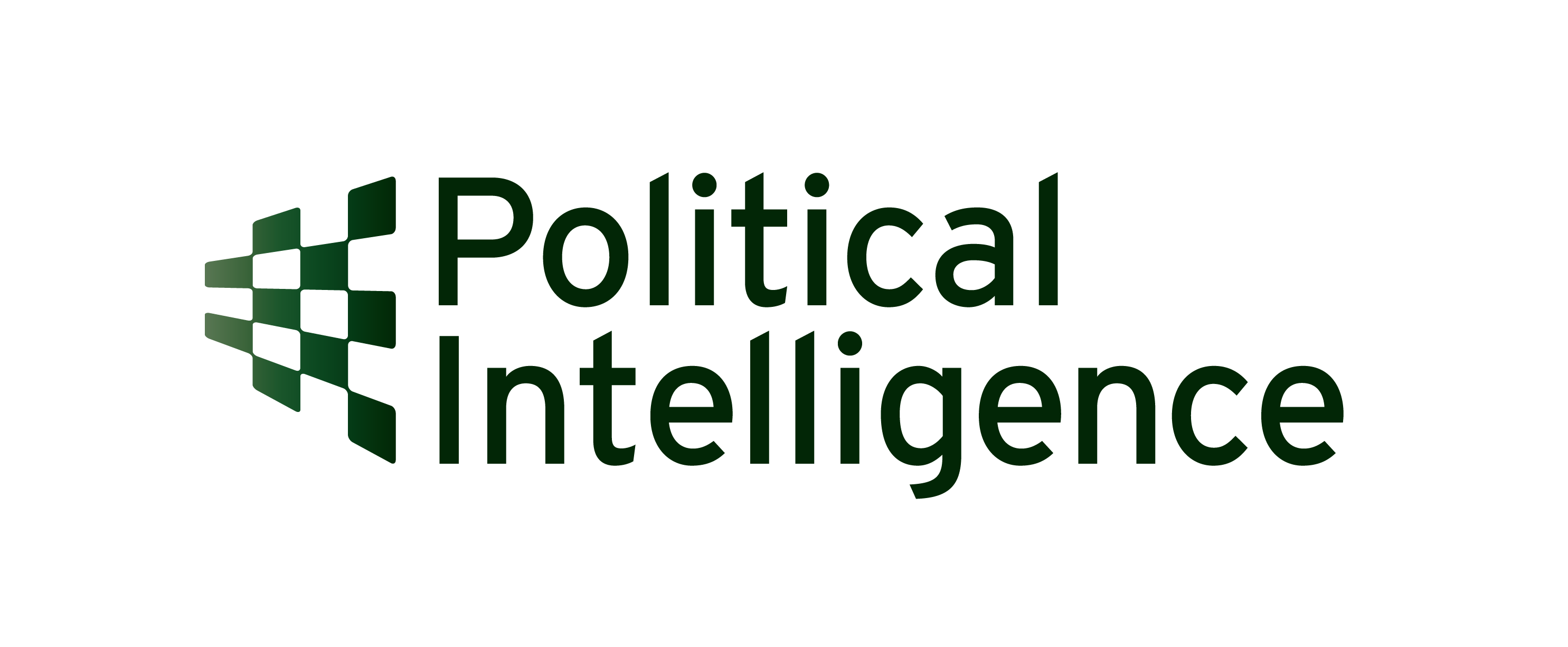Hereditary breast cancer

Hereditary breast cancer occurs when a person inherits an error (mutation) in a particular gene from one of the parents. The best-known mutations involved are BRCA1 and BRCA2 (BRCA stands for "breast cancer"). If you are a carrier of such a breast cancer gene, your risk of developing breast cancer (and sometimes other types of cancer, such as ovarian cancer) is significantly increased.
In addition to the most common and well-known BRCA1 and BRCA2 breast cancer genes, there are other genes that may confer an increased risk of breast cancer. Examples include PALB2, CHEK2, ATM, TP53 and PTEN. Mutations in these genes are a lot rarer, but can also increase the risk of breast cancer moderately to significantly.
Some of these genes also increase the risk of other cancers, such as ovarian, prostate or colon cancer. Hereditary testing can reveal whether a person is a carrier of such a mutation. There are options for additional screening or preventive measures for these genes as well.
There are eight approved genetic centers in Belgium.
What does it mean if you are a carrier of a breast cancer gene?
Women with a BRCA1 mutation have up to a 70% chance of developing breast cancer in their lifetime, and women with a BRCA2 mutation also have an increased risk, although slightly lower than for BRCA1. Men can also be carriers and have an increased risk of breast or prostate cancer, among other things, although this is less common.
When breast cancer is suspected to be hereditary, a referral is made for hereditary testing at an accredited genetic center. This happens especially if several women in the family have had breast cancer, especially at a young age, or if someone in the family has had breast cancer and ovarian cancer. Also if breast cancer affects a man, which is rare, advice is sought at a genetic center. When a breast cancer gene is found in a breast cancer patient, family members are invited to be tested as well. If you are found to have an inherited predisposition, there are several options. Early and regular checkups, such as regular mammograms to detect breast cancer at an early stage. You can also opt for preventive amputation of both breasts possibly followed by breast reconstruction. Drastic, but very effective. Your breast cancer risk then drops to almost zero. You don't have to make these choices alone. You will receive guidance from a medical team, including a clinical geneticist, an oncologic surgeon and possibly a psychologist.
Continue reading

Hereditary breast cancer is not a doomsday scenario; there are solutions

Men can also get breast cancer


.png)












.png)
















